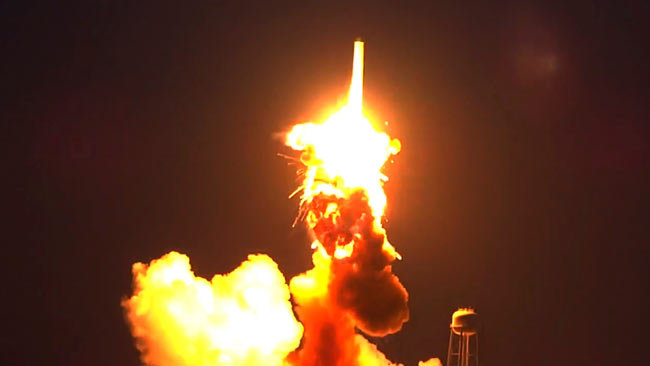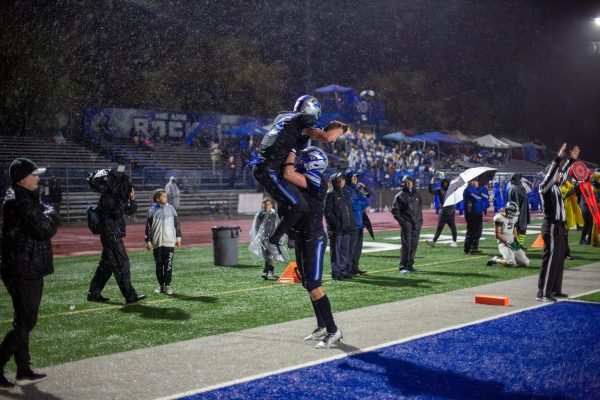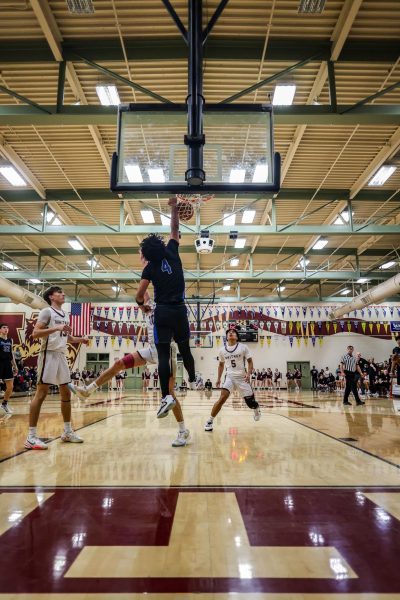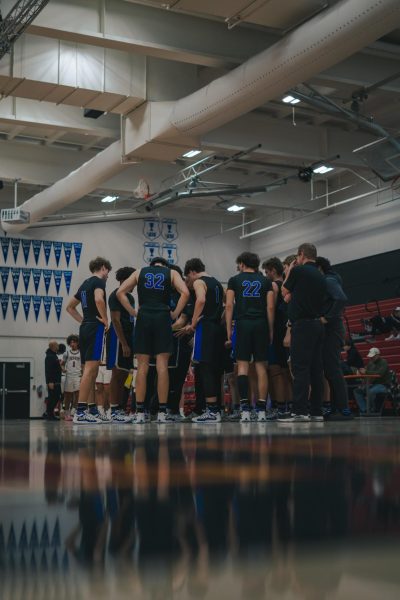The Private Space Industry Hits Turbulence
The Orbital Sciences Antares rocket explodes seconds after liftoff
Houston, we have a problem.
The private space industry has been rocked this autumn by back-to-back catastrophic failures. After NASA gave several companies contracts to build spacecraft that can taxi people into space, just a few weeks after the green light was given for the race to begin building the shuttles, Orbital Sciences Corporation’s and Virgin Space had their flagship craft destroyed.
Orbital Sciences’s unmanned Antares rocket and Cygnus exploded on Tuesday, October 28, just seconds after liftoff. The rocket ignited as began thrusting skyward before experiencing, in the words of an Orbital Sciences official, “some disassembly.”
Virgin Galactic’s SpaceShipTwo crashed only 3 days later, killing one of its pilots and severely injuring the other.
Sir Richard Branson’s program was struck with tragedy on October 31 when the Virgin Galactic SpaceShipTwo, was intended to carry passengers, failed during a test flight and crashed in the Mojave desert. Later, NASA officials made a statement commemorating Michael Alsbury, the Co-pilot who was killed in the crash.
Orbital Sciences’s Cygnus capsule was carrying supplies for the six astronauts living on the International Space Station, with the supplies alone costing $200 million. None of the supplies were entirely necessary, but that $200 million ended up plummeting back to earth after a fiery explosion.
The contents of the Cygnus capsule were to be delivered to the ISS, 200 miles above earth. Among the basic supplies were two experiments, one studying pea growth and another studying the blood flow of humans in space. Fortunately, the ISS crew is not likely to suffer any shortages from the failure.
“While not a NASA mission, the pain of this tragedy will be felt by all the men and women who have devoted their lives to exploration,” Bolden said. “Spaceflight is incredibly difficult, and we commend the passion of all in the space community who take on risk to push the boundaries of human achievement.”
Its hard to gauge what results in such a catastrophe, since most of the evidence kind of explodes. Orbital Sciences currently points to the Soviet-era rockets used in their craft as the main culprit. Virgin Galactic’s crash is still undergoing investigation, but in a statement on their website they suggest that initial reports point to the early deployment of a re-entry system.
The biggest question right now is if Orbital Sciences and Virgin Space will be able to fix this and if it will set the private industry back. NASA’s short answer to this disaster was just simply three words of determination: “We’ll fix it” which was stated by a NASA official in an interview with CNN.
Virgin Space sold over 700 tickets to tourist for future flights each costing more than $250,000 prior to the crash. Many of the tickets sold to celebrities, who quickly signed up for orbital tourism. Some including Justin Bieber, Leonardo DiCaprio and Stephen Hawking, all of whom could reasonably reexamine that desire after the Friday crash.
Orbital Sciences, Virgin Galactic, and SpaceX are currently the only private companies that Wikipedia lists as having operational spacecraft. With two out of three experiencing catastrophe in just four days, there may have be negative effect on the public’s view of the private industry. As with NASA and other national programs, Orbital Sciences and Virgin Galactic will push through. They’re pioneers, and pioneers don’t invest billions to see their work destroyed in a matter of seconds.













